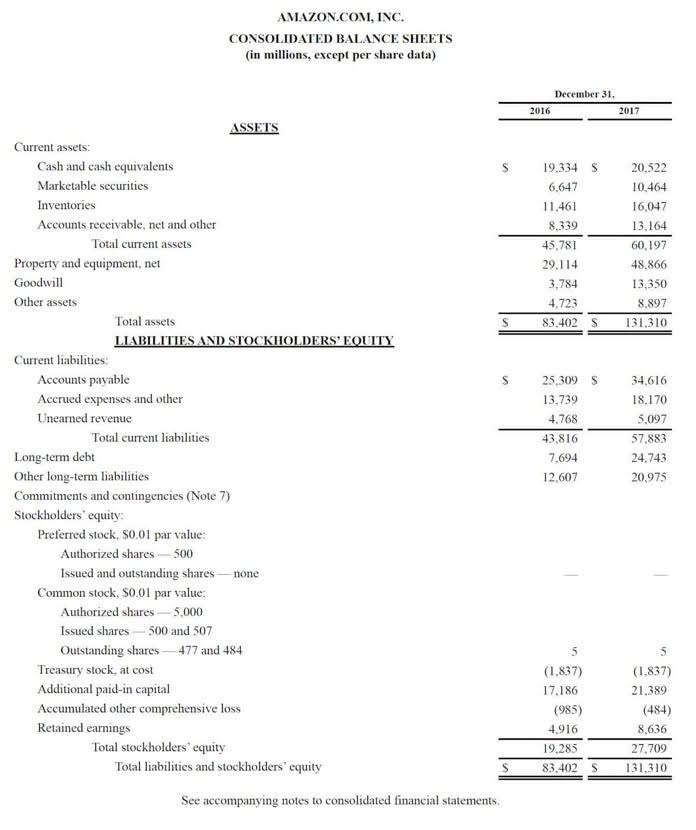
When members of your congregation give to your church, make sure to send them a donation acknowledgment letter. While one major purpose of this letter is to thank the donor for their contribution, it should also function as a donation receipt. This way, church chart of accounts if the donor wants to write their gift off as a charitable contribution when filing their personal tax return, they’ll have the documentation they need to do so. This document adds a layer of accuracy and error prevention to your financial records.
Bookkeeping for Churches: How to Balance Faith and Finances
Instead, this should be designated to someone with the training, capabilities, and ethical track record to manage everything properly. Unless you’re a big church, hiring a full-time CPA isn’t an option here. However, working with a financial consulting firm gives you access to the experience and expertise of an accountant without the expense of a full-time employee. It’s difficult to overestimate the peace of mind that this can bring to an overburdened ministry leadership team. Regardless of the specifics, make sure you know who is in charge of overseeing (and improving) your church’s finances.
File Required Reports and Tax Forms on Time
Remember, these are church-specific solutions to receiving, managing, and spending money. For example, in 2023, many churches qualified for the ERTC program designed to relieve payroll pressure in the wake of the pandemic. There are various other deductions for churches that are worth consideration, too.
Church Accounting Best Practices
- By maintaining a high level of accountability and transparency, you can both attract new members and build trust with your existing congregation.
- Instead, this should be designated to someone with the training, capabilities, and ethical track record to manage everything properly.
- Each church must decide what kind of financial reporting it can and should be producing.
- If you’re using Donorbox for church fundraising, managing your finances is a breeze with Donorbox’s powerful integration with QuickBooks.
- Tax-exempt status tells people they can trust you because you aren’t looking to get rich off of their contributions.
- Yes, it’s true that your church doesn’t have to pay taxes like a for-profit business.
- Since churches usually aren’t required to file that form, whether you have to compile a statement of functional expenses depends on state regulations.
What should be done is prepare a budget that provides the needed money for the ministries but allows the fixed costs of the church adequate funding as well. Great care should be used in setting up restricted or designated funds or accounts. Many smaller churches still use cash accounting since income and expenses are recorded https://www.bookstime.com/ when received and paid. Church accounting involves recording expenses, tracking offerings, and tracking spending on projects and activities. The focus is not on profitability but on activities that support the congregation and society’s members. The church has goals that are different from those of a for-profit business.
Only 32% of Americans surveyed report trusting churches and organized religion. This lack of trust may spring from many factors, but one that stands out is how churches use the funds they receive from their congregants. While cash and check contributions are still important for many churches, they’re less significant than they used to be.
- The Statement of Functional Expenses goes beyond a simple expense report.
- The Statement of Functional Expenses is an essential financial report for nonprofit accounting.
- By investing in a clear accounting structure for your church, you make it easier to operate as a legal entity.
- Ensure all your funds are allocated to proper budgets and purposes (e.g., Children’s Ministry, Missions, Building funds).
The discussion below will help you to understand and appreciate some basic internal controls and how they work for you. Churches are exempt from paying income tax while businesses do pay these taxes. While churches don’t pay income tax, they do pay property and state taxes. Engaging key stakeholders in the budgeting process can enhance accuracy and buy-in.

Specific Regulatory Requirements

By dividing responsibilities among different individuals, churches can reduce the risk of errors and fraudulent activities. For example, the person responsible for recording donations should not be the same person who deposits them in the bank. Churches often receive donations in the form of goods or services, such as donated food for a community event or volunteer labor for a building project. These non-cash contributions must be valued at their fair market value and recorded as revenue. This process can be complex, requiring careful assessment and documentation to ensure that the contributions are accurately reflected in the financial statements.

Before you can file for tax-exempt status with the IRS, you’ll probably need to file “articles of incorporation” with your state department just like any other nonprofit organization. Not every category on this list will apply to your church and everyone’s budgeting process is different, but it’s a good place to start when making a budget. Consider giving each category a “monthly” and “annually” column so you can plan ahead for future expenses.

(You’re a non-profit entity, after all.) Instead, the focus shifts to how you’re spending each dollar that you collect. A for-profit business’s general ledger considers the money you generated, how much of it you spent, and how much is left. Some of these are basic regulations and rules (many of which change on a regular basis), like filling out W-2s for employees and 1099s for contractors.
- Selecting the right church accounting software can be a significant asset to the financial management of religious organizations.
- This budget is not set in stone and can change throughout the year as needed.
- So, what do you need to do to identify and address gaps in your organization’s accounting practices?
- Plus, it can help you use donations correctly, which is crucial for gaining repeat donors.
- That’s why we’ve created a selection of modular accounting services and tools that can fit your specific needs.

